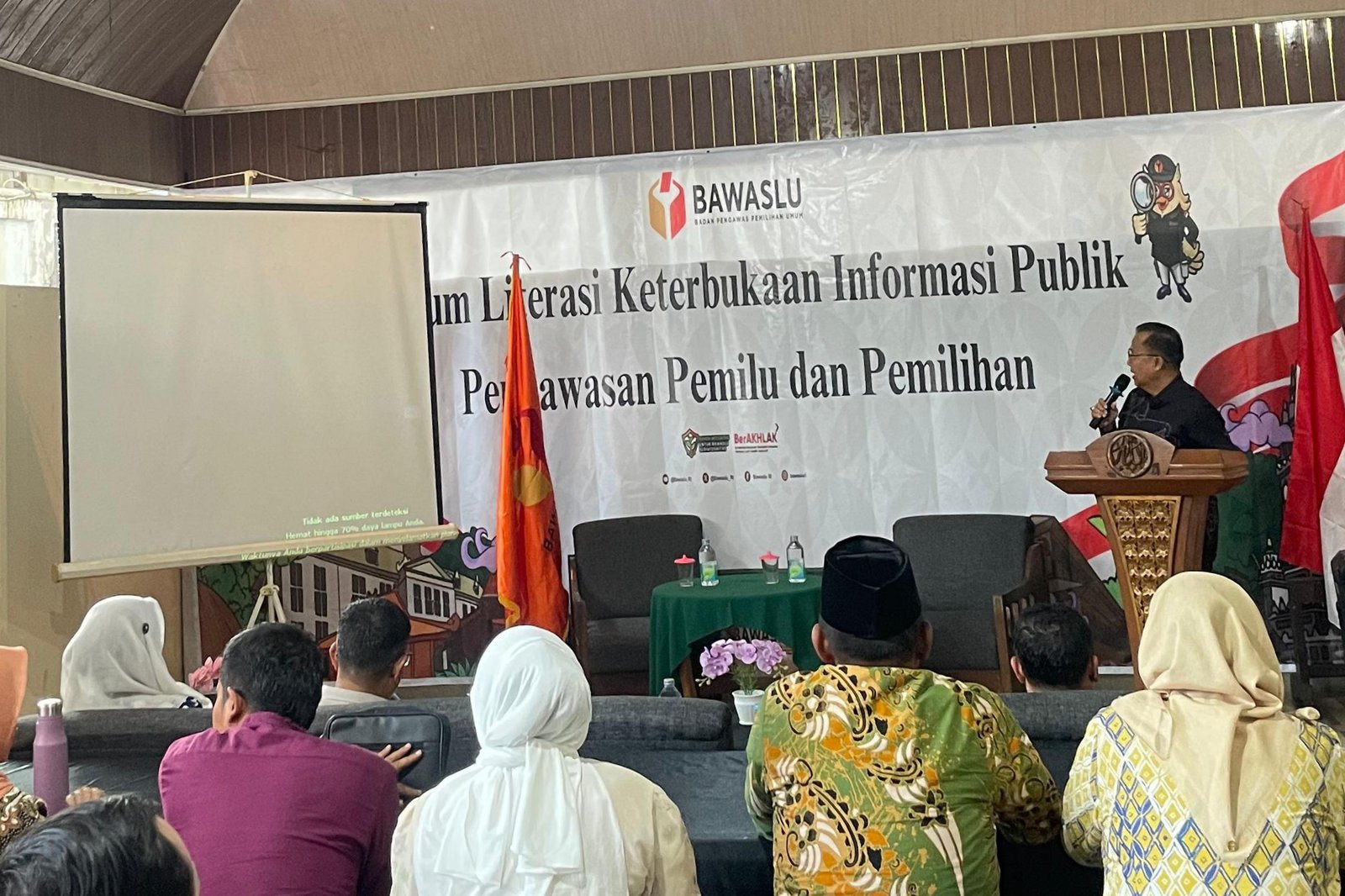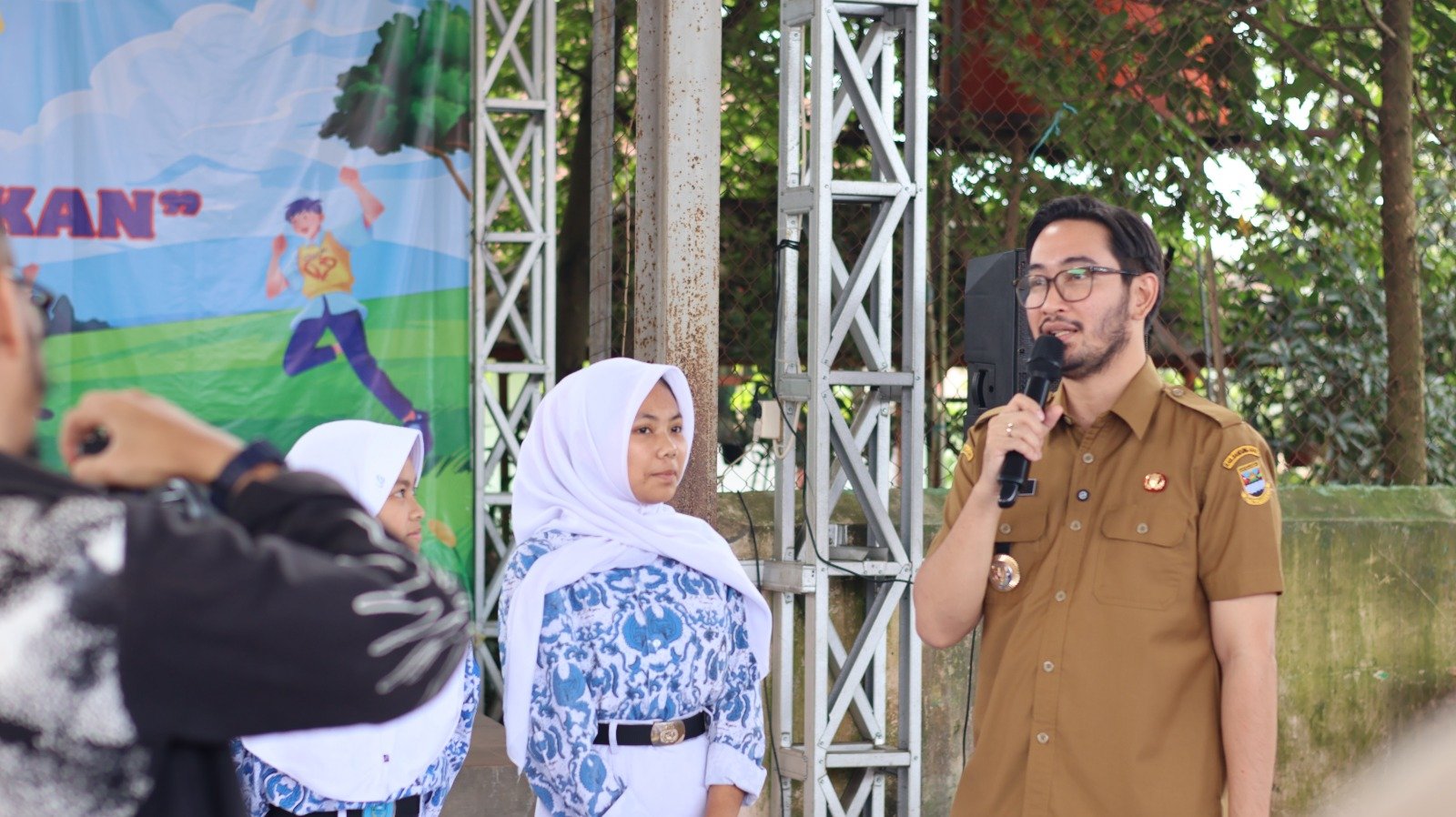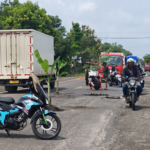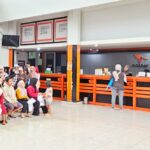The Education Office of West Bandung Regency has complied with West Java Governor’s Circular No. 58/PK.03/DISDIK regarding Effective Hours in Educational Institutions across West Java Province.
As known, for the 2025/2026 academic year, school hours for early childhood education, elementary, middle, and high school levels will start at 6:30 AM WIB. Additionally, classes will be held five days a week, from Monday to Friday.
The Secretary of the West Bandung Education Office, Rustiyana, explained that they are adhering to the policy on Effective Hours in Educational Institutions across West Java Province.
“The main point is to follow the governor’s circular, and the regent’s circular is currently being prepared,” he said.
He added that the implementation of this policy will be adjusted according to each school’s situation and conditions. This applies especially to schools that may face difficulties in adopting the policy.
“However, schools that cannot implement it may maintain their usual schedules, for instance, if many students live far away,” he said.
“Or for schools in remote areas where early morning safety is not guaranteed, this can also be taken into consideration,” he continued.
Meanwhile, the five-day learning policy will also be adapted based on each school’s circumstances.
“The same goes for the five-day school week. Schools undergoing renovations or lacking facilities cannot enforce it, as they would likely need to operate in two shifts,” he explained.
One parent, Susi Susilawati, mentioned that for the 2025/2026 academic year, she and her child must prepare earlier than usual.
“Nothing is significantly different, except that now, as parents, we must prepare our children for school earlier than before,” she said.

The Election Supervisory Agency (Bawaslu) of the Republic of Indonesia held a Public Information Literacy Forum on Election Oversight in West Bandung.
The Head of the West Java Bawaslu Secretariat, Widodo Wuryanto, stated that this initiative aims to raise public awareness about the importance of access to valid information and active public participation in ensuring fair and honest election oversight.
“This forum is not only a platform to socialize public information rights but also a means to strengthen digital literacy,” he said.
He added that the event also seeks to educate the public on countering the spread of hoaxes and hate speech, which have become prevalent.
“This forum serves as an educational tool so that the public, especially youth and students, can understand the importance of information transparency. The goal is clear—to help them filter the information they receive and avoid becoming part of the hoax-spreading chain,” he explained.
Furthermore, he mentioned that this is a national initiative conducted on a limited scale due to budget constraints. Several provinces were selected as samples for this literacy forum, with West Java being one of them.
“We are aware that budget limitations pose a challenge, but our spirit is limitless. We hope that through forums like this, the public can understand what public information is accessible and how election oversight works,” he said.
He noted that the public can now access various official public information regarding Bawaslu’s duties, authority, and performance through multiple official channels at both national and regional levels. He also encouraged the public to actively and responsibly exercise their right to access information.
“We hope the public does not passively wait for information but actively seeks it out. Bawaslu has opened access to public information, including oversight reports, violation data, and more,” he emphasized.
Meanwhile, the Acting Chairman of Bawaslu, Ridwan Raharja, expressed support for the initiative to hold the forum in the region. The event aligns with democratic principles that prioritize transparency and citizen participation.
“We welcome this agenda. This forum is crucial for socializing election oversight to the






